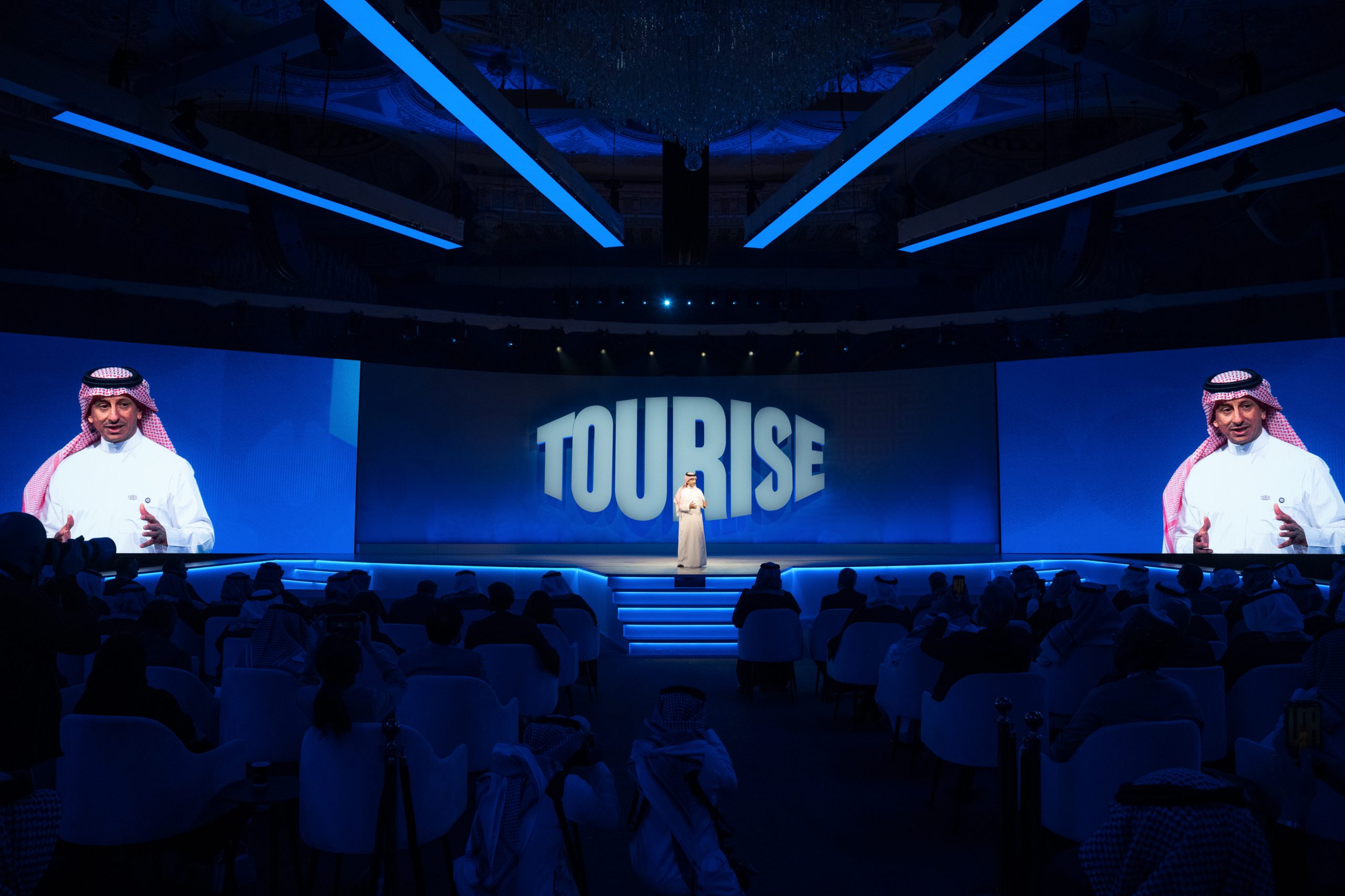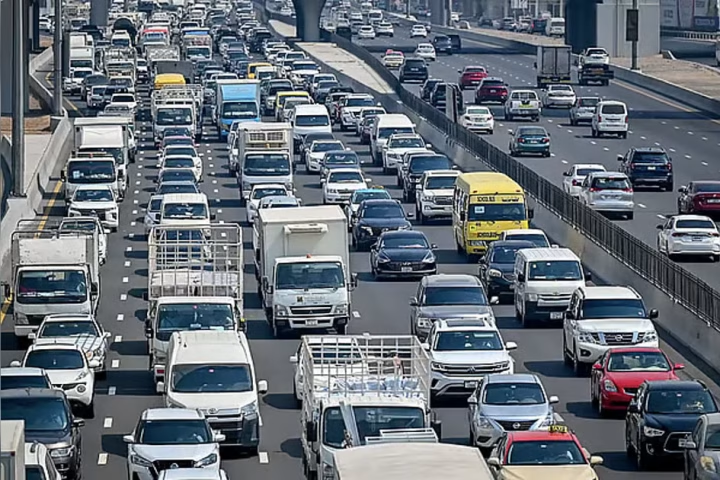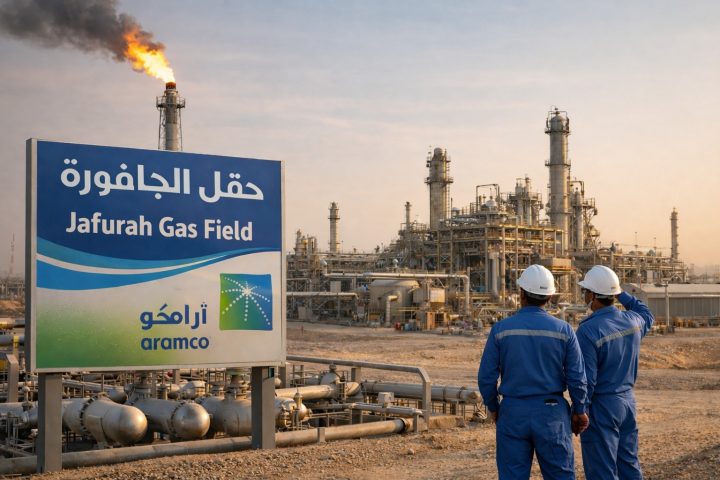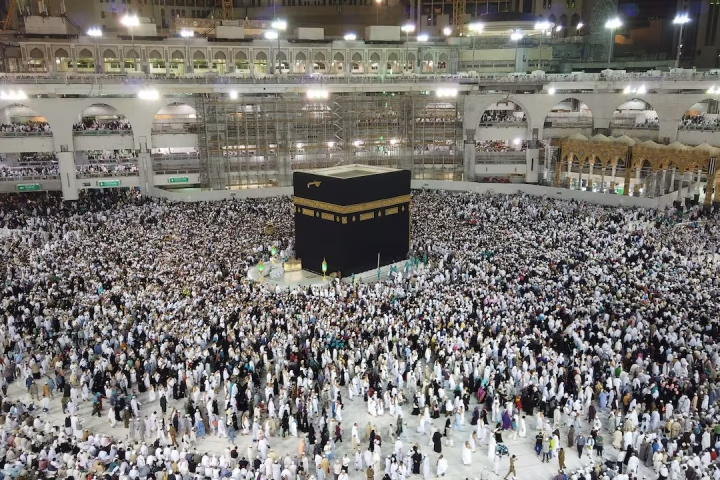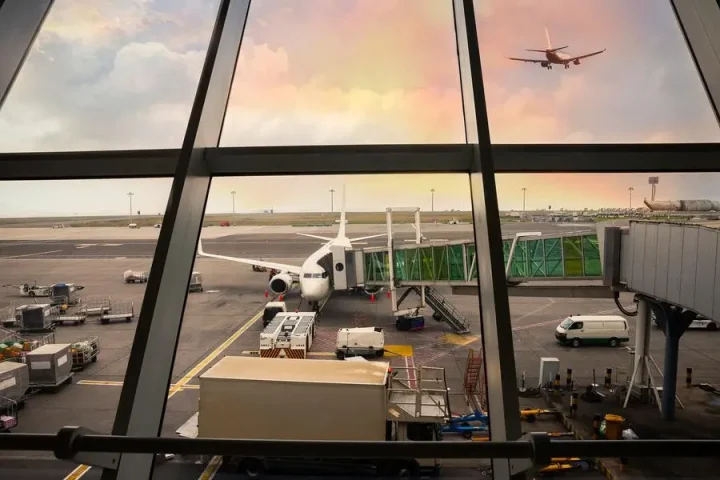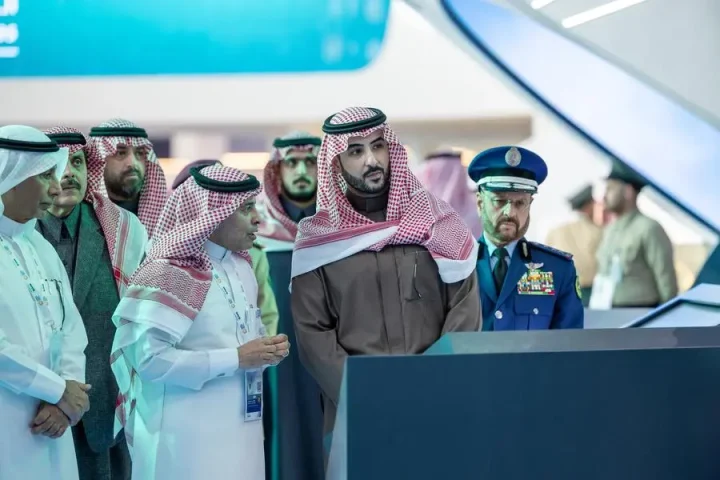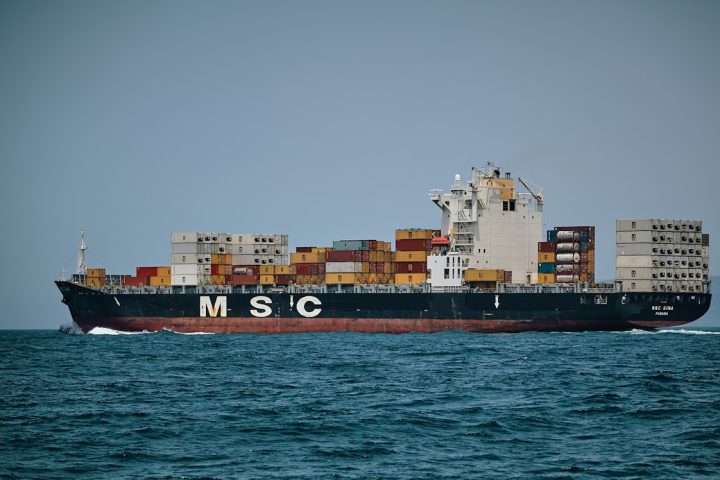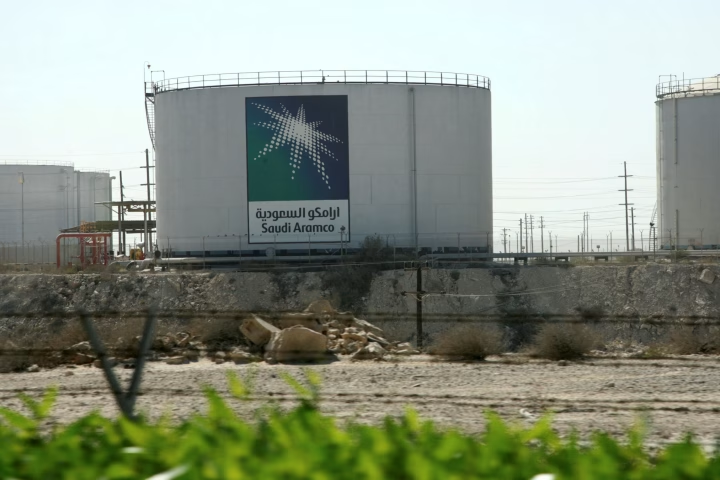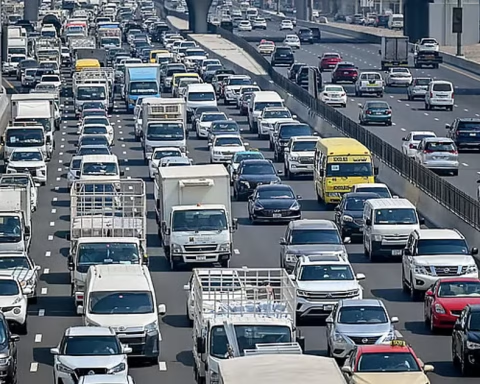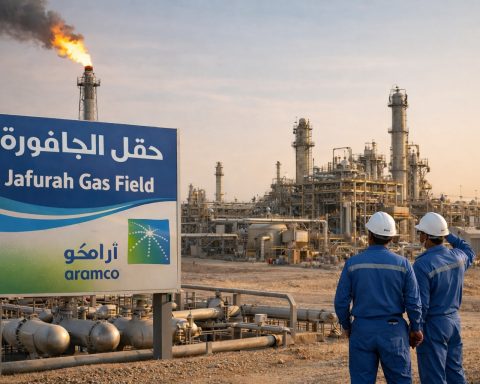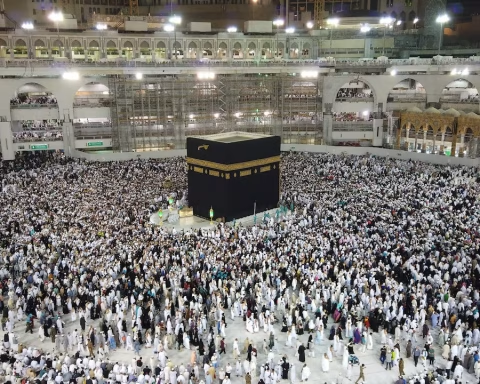Riyadh has never stood on the sidelines. On November 11, the Kingdom moved decisively from participating in the global tourism conversation to shaping it. The inaugural TOURISE Summit, under the patronage of Crown Prince Mohammed bin Salman, gathered 8,000 delegates and 140 speakers; a scale that now places Riyadh alongside ITB Berlin and World Travel Market London.
For The Saudi Times, this is more than just a major event. TOURISE marks the point where Saudi Arabia shifts from building its tourism sector to shaping the global future of tourism. The Kingdom is positioning itself as a country that sets standards and drives global direction.
A Platform for Action, Not Applause
H.E. Ahmed Al Khateeb, Minister of Tourism and TOURISE Chairman, opened the summit with a clear directive:
“We are not here to discuss ideas. We are here to act.”
The summit did exactly that. Early on they unveiled a headline initiative: a digital platform for global tourism data exchange; a first-of-its-kind, cross-border ecosystem for real-time collaboration. This marks a structural shift in how nations share insights, track trends, and coordinate tourism strategy.
TOURISE arrives as the global sector faces pressures: climate volatility, AI’s rapid acceleration, shifting traveler expectations, and geopolitical flux. Riyadh positioned itself as a designer of solutions, offering a roadmap rather than waiting for one.
This leadership was amplified as TOURISE followed the 50th UN Tourism General Assembly, moving Saudi Arabia from case study to policymaker.
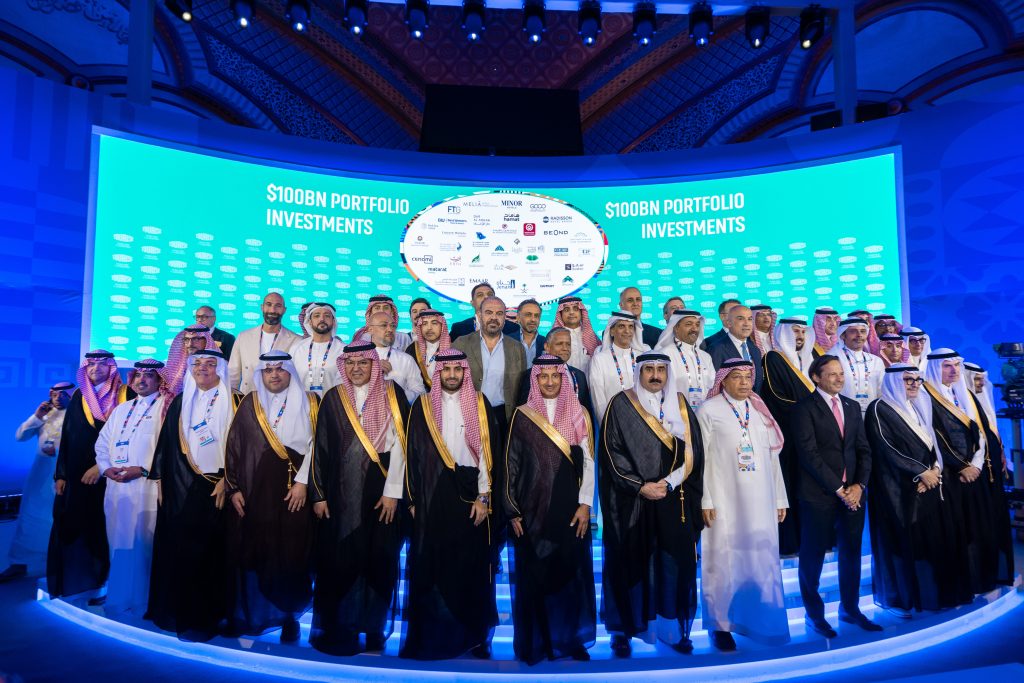
Who Showed Up Matters
The event brought together leaders like Ariane Gorin (Expedia), Steve Hafner (Kayak), Sébastien Bazin (Accor), Luis Maroto (Amadeus), Gloria Guevara (WTTC) and Patricia Espinosa (onepoint5).
This wasn’t just a conference; it was a coalition.
Tourism’s future cannot be built in silos. Airlines need data, destinations need investment, and travelers expect personalization. TOURISE’s strength was its composition: an ecosystem where every sector is essential to the next.
Designing Tomorrow’s Tourism Industry
Sessions tackled the sector’s most pressing questions:
- How do we create frictionless borders?
Leaders debated digital identity tools, AI-driven checkpoints, and smart immigration pilots. - How can AI personalize travel without amplifying inequalities?
Tech firms and policymakers addressed transparent algorithms and traveler-controlled data. - What does sustainability mean in climate-challenged destinations?
Saudi Arabia presented blueprints like AlUla’s ecological thresholds, NEOM’s renewable energy, and Red Sea Global’s zero-carbon ambition.
The day crystallized one truth: Saudi Arabia is no longer theorizing the future, it is building it.
Ambassador Patricia Espinosa put it simply: “Tourism is the bridge between climate and economics.”
TOURISE reinforced that growth and responsibility are now inseparable, and leadership requires balancing both.
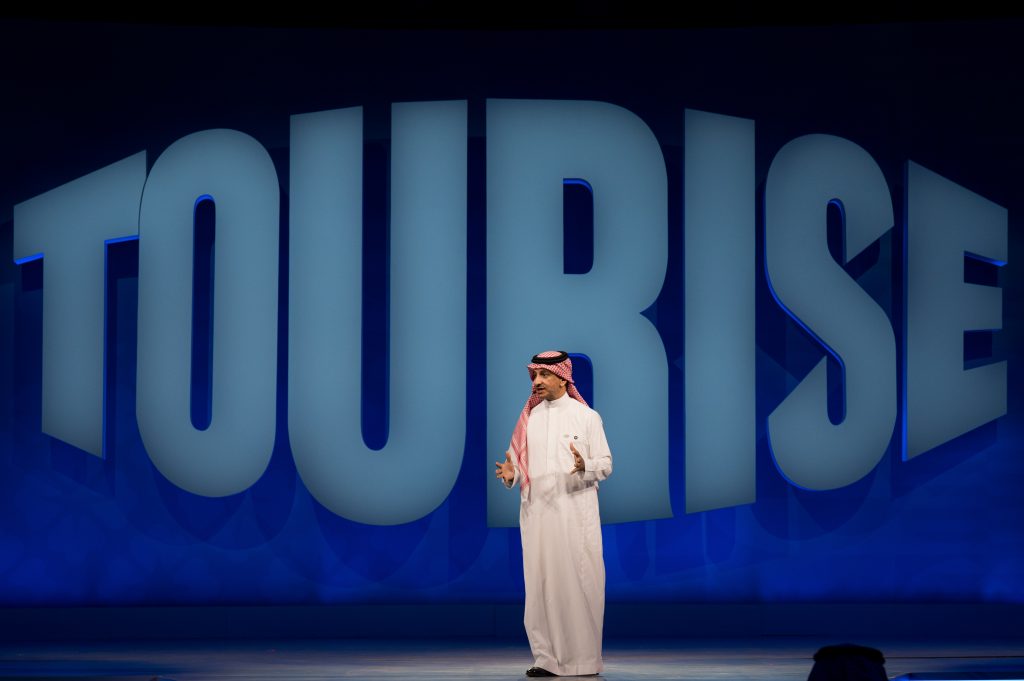
The Riyadh Effect
Frontline 2030 has tracked Riyadh’s evolution from administrative capital to cultural engine. The city now offers over 100 creative venues, museums, design districts, parks, and public spaces. TOURISE showcased Riyadh not just as a host but as a test bed for the next generation of global cities: sustainable, interconnected, and people-centered.
This is the Riyadh that greeted the world: confident, outward-looking, and ready to define what modern tourism and modern cities can be.
Why TOURISE Matters
TOURISE matters because it gathers all these threads under a Saudi-led framework. It signals that the Kingdom is not just investing in tourism, it is steering its direction.
It tells global partners: Saudi Arabia is hosting the world on its terms.It tells the region: Saudi Arabia is not just competing for influence, it is defining the ecosystem.
A New Tourism Era Begins
Day one concluded with the first TOURISE Awards, honoring innovation, sustainability, and community empowerment. More importantly, commitments were made: the global tourism data exchange, AI-driven seamless travel pilots, and renewed investment in renewable-energy tourism infrastructure. In 2025, Saudi tourism isn’t just opening doors, it’s opening a new era. The Kingdom will not be following global standards. It will be setting them.


